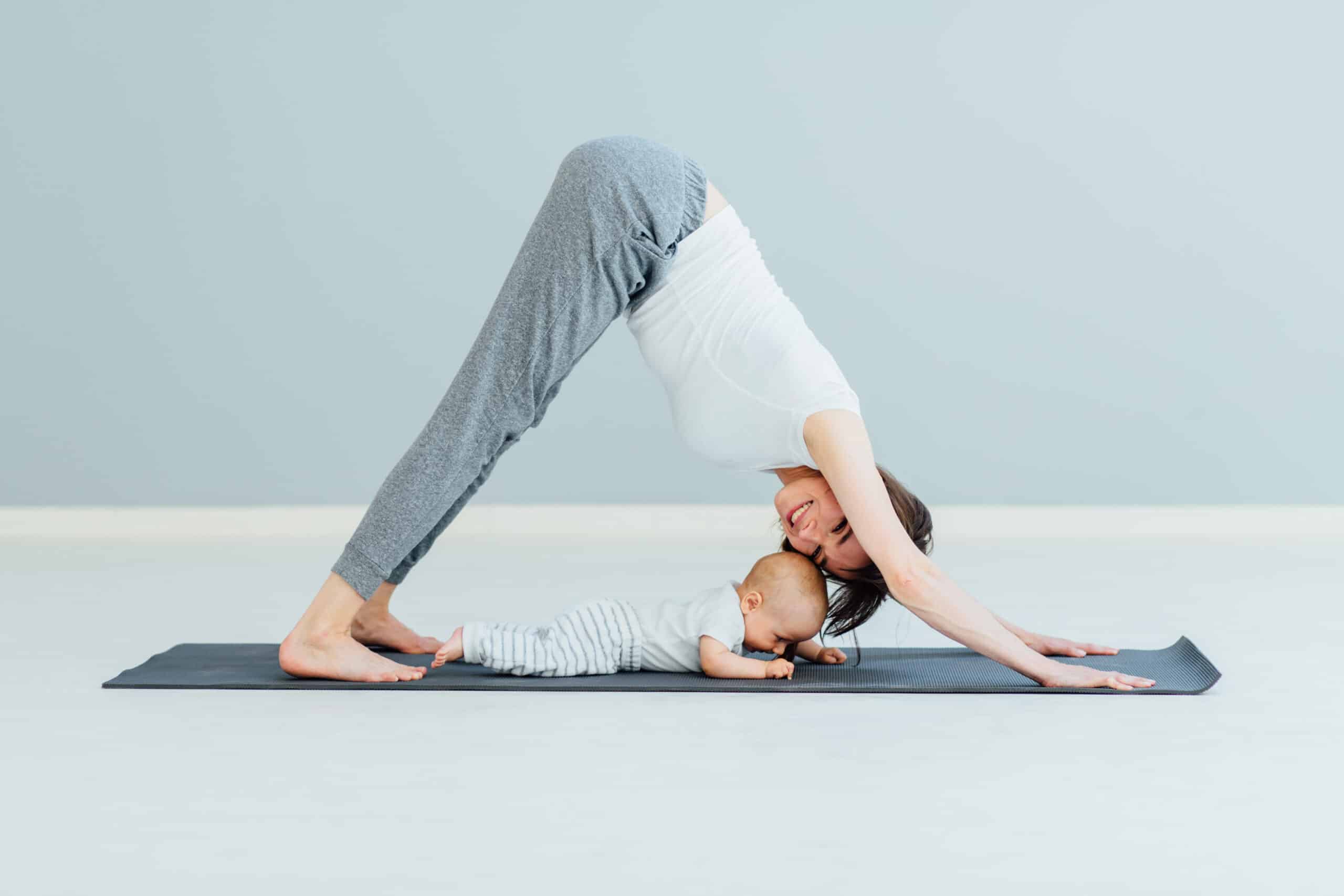The Important Distinction Missing From Conversations About Anxiety
By Emma StessmanHome » Stress Less » The Important Distinction Missing From Conversations About Anxiety
It’s no secret that people today are really anxious. Around 40 million adults in the U.S. suffer from an anxiety disorder and about 30% experience one at some point in their lives.
Thankfully, while anxiety seems to be at an all-time high, the conversation around it has also reached a new peak. Celebrities and influencers are opening up about their struggles, helping to de-stigmatize the issue and revealing the changes that have brought them various levels of relief. Khloe Kardashian, for example, credits the gym for helping her deal with anxiety and stress; Anne Hathaway uses a fiery mindfulness practice to feel more at peace.
Within the conversation, however, there’s room for some confusion. Because, the truth is: “Everyone has anxiety,” explains Dominique Apollon, LPC, a licensed professional counselor in Chicago. The difference between anxiety disorders and the common day-to-day anxiety that people experience, then, can easily get conflated.
As someone who has experienced anxiety since childhood, I was often frustrated by the fact that self-care practices that others preached as cures (a regular exercise routine, daily meditation, a plant-based diet) never seemed to improve how I felt. It wasn’t until college, when I consulted a doctor, that I understood that what I was feeling wasn’t just run-of-the-mill anxiety. It was a generalized anxiety disorder that required medication to finally feel some relief.
The main difference between the kind that can be dealt with through self-care practices and the kind that requires external aid is the severity, the frequency with which you experience it, and the impact it has on your daily life. Knowing the distinction is important, because if left untreated, anxiety disorders can wreak havoc on both your mental and overall health. Below, Apollon breaks down the differences.
The Truth About Anxiety
“Anxiety is a natural instinct that we are born with,” Apollon explains. “Its purpose is to prepare us for any immediate threat by activating fight-or-flight.” If it sounds similar to stress, that’s because the symptoms (racing heart and thoughts, excessive worry, lack of concentration) can be. But they’re not the same thing. “Stress is generally short-term and can be positive or negative [as well as] internal or external,” she says. Stress is usually in response to a specific event, like a racing heart rate before a big date, and it can be used to your advantage by turning it into an opportunity. Anxiety, on the other hand, can be triggered by stress or a stressful event, but is generally more long-term. For example, in the week before a major job interview you may feel like you’re anxious about the experience, which likely comes with feelings of dread or intense worry.
RELATED: How to Be Happy at Work Even if You Don’t Have Your Dream Job (Yet)

This kind of anxiety, though, can often be relieved with a few adjustments. Reducing caffeine intake to decrease jitters, eating well, exercising, practicing mindfulness, and finding mindsets and strategies that help you to better tolerate the uncertainty and discomfort can all be good ways to deal with this type of anxiety, Apollon says. After the interview is over, or after successfully implementing these strategies, the anxiety should pass.
How to Know When You Should Seek Help
Anxiety is officially a problem when it becomes a long-lasting, disruptive force in your life. “When you have an anxiety disorder, the symptoms are much more chronic and at times, debilitating,” Apollon says. “When anxiety gets to the point of being a disorder, it starts getting in the way of doing the things we want or need to do.”
RELATED: How Much Stress Is too Much Stress?
Avoidance is one of the most common indicators of a larger anxiety issue, Apollon explains. While an average person may feel anxious about the aforementioned job interview, once it’s done with, their anxiety will recede. Someone with an anxiety disorder may get so anxious that they end up cancelling the interview altogether (even if they really want the job). “When someone feels “stuck” in situations or feels trapped by their thoughts, feeling like they are constantly spiraling, these are common signs of anxiety that should be treated by a medical professional,” she says.
While self-care practices like meditation and exercise can be helpful in these scenarios, a disorder often requires outside help. Many people find reprieve through working with a therapist, to help break down and challenge anxious and repetitive thoughts. A medication regimen can often help relieve some of the symptoms. Some people find success with one or the other, and some require a combination of the two, Apollon says.
RELATED: Should You Be in Therapy? Expert Advice on When to Go and What to Expect
The bottom line is, whether you’re dealing with casual every-so-often anxiety or a more serious disorder, you should find what you need to feel better––whether it’s logging miles every day or attending weekly therapy sessions––because anxiety should not control how you live your life.
(Photos: Shutterstock)
Emma Stessman is a New York-based writer. She is an editorial assistant for Shop TODAY, a social media enthusiast, and expert popcorn maker.
RECENT ARTICLES

Want a sneak peek inside the program?
Get FREE access to some of the core training materials that make up our signature program – Become a Nutrition Coach.
Get Access"*" indicates required fields
 Stress Less
Stress Less












































































































































































































































































































































































































































































































































































































































































































































































































































































































































































































































































































































































































































































































































































































































